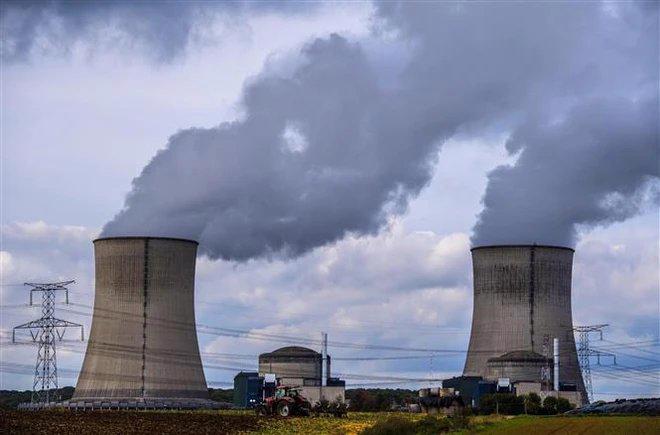In a document issued by the Government on overcoming difficulties in gas and offshore wind power projects, the Ministry of Industry and Trade (MoIT) has been directed to study global nuclear power development experiences and how to introduce this energy source in Vietnam in the near future, while conducting a comprehensive review of power sources in the Implementation Plan of the National Power Development Plan until 2030 (Power Plan VIII).
Based on this study result, the Government will report to the Politburo for consideration and decision on the nuclear power development.
The study of nuclear power development could help supplement the national energy supply and minimize environmental risks, according to the government's conclusions.
Nuclear power development is not currently mentioned in Vietnam's National Power Development Plan VIII. However, in a report submitted to various ministries for feedback on a proposed revision to the plan, the MoIT referenced the potential development of small modular reactors (SMRs).
According to the ministry, SMRs have a capacity of around 300 megawatt per unit, roughly one-third the output of traditional reactors. These plants produce low-carbon electricity and have a short construction time (about 24-36 months). This technology could enhance the efficiency of renewable energy sources and support the transition to clean energy, contributing to sustainable development goals.
Currently, 32 countries around the world use nuclear energy for electricity generation, accounting for 9.1 per cent of global electricity production last year. As such, the MoIT suggests that Vietnam could consider researching small modular nuclear reactors, including floating nuclear plants, in the future.
Vietnam previously planned to build a nuclear power plant in south-central Ninh Thuan province, but the project was halted under National Assembly Resolution 31 in 2016. In 2022, the National Assembly’s Economic Committee proposed reconsidering nuclear energy development based on a thorough, scientific assessment of energy supply and demand projections.
The draft amendment to the Law on Electricity, currently under review, also touches on nuclear power development. It categorizes nuclear power as a new form of energy in Vietnam. The State would hold exclusive rights to invest in nuclear power projects, alongside emergency power generation and grid management projects.
The Natinonal Assembly's Committee on Science, Technology, and Environment - the body reviewing the draft law - highlighted that Vietnam has potential for nuclear power development, with foundational preparations already underway.
As global investment in nuclear energy resumes, developing this energy source is becoming increasingly important. Nuclear power is also seen as a key option for ensuring energy security and achieving the Government's commitment to net-zero emissions by 2050.
However, a standing member of the committee emphasized that nuclear energy provisions in the draft law require thorough study. Key regulations should reference the Atomic Energy Law, and the legislative body must provide political, scientific, technological, and technical justifications to support nuclear power project implementation.









 Google translate
Google translate